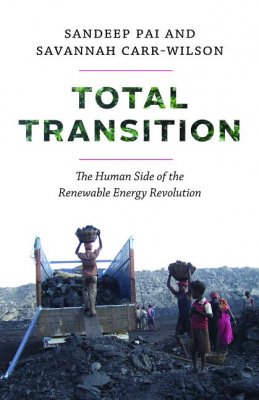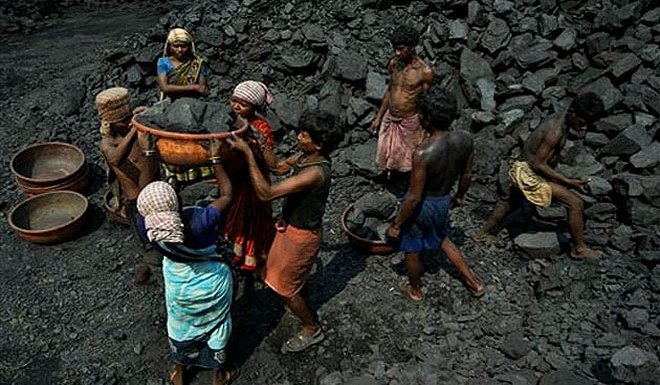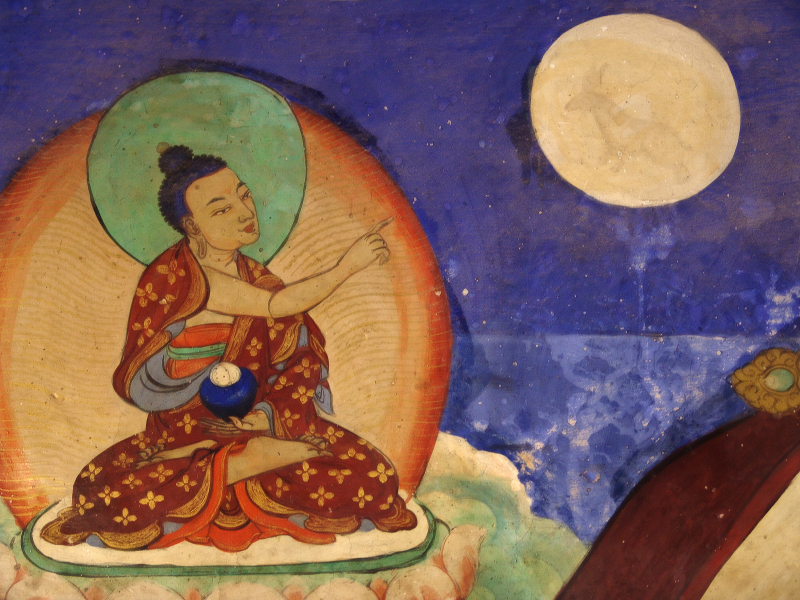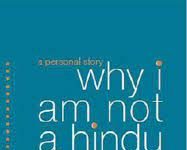PERSPECTIVE
The plight of people working in the energy industries is pathological. The writer engages with the issue in the light of ‘Total Transition’, a book that examines the lives of those working in energy associated industries.
Priyanka Yadav / The New Leam

Capitalism has led to exploitation of workers which has been a proven reality of our times, this exploitation further leads to an eventual state of alienation, as the Marxist theory confirms- the alienation of the worker who labours with his sweat and blood but never gets the opportunity to enjoy the fruit of his own labour, he has no right over his product and is thus alienated from the labour that he does, the work that he is engaged in is not a wilful choice but a compulsion posed by survival, hence little satisfaction does it gives to the worker and yet another form of alienation can be witnessed, in the process of production the worker distances himself from his world, he gets little time to spend with himself or reflect on his being thus making him alienated from himself and since the worker who produces the good is not the direct seller of his own manufactured good to the consumer, he gets alienated from the consumer.
This story of alienation is what the authors Sandeep Pai and Savannah Carr-Wilson, of the book Total Transition: The Human Side of the Renewable Energy Revolution, have tried to narrate through the narratives of workers in the energy industries.
Unemployment and poverty have a dirty face and character in our country. The plight of the workers, the insufficient governmental attention that is paid to their plight, the poverty that surrounds them and the plethora of healthcare scares that they face- must be addressed.

Migration for work is one of the dominant characters of unemployment in India. As the authors have mentioned narratives of workers who have migrated from their villages to work in the coal mines risking their health, it becomes clear that poverty disables them from the right to choose a good employment. Encountering an extreme sense of poverty, they are forced to take up work that they get even if that means putting their life at risk. As they leave behind their village, they are forced to live in harsh conditions that often lack even the minimum amenities. Disease and pathology are surround them and the compulsion to be able to earn even a little in order to eat themselves and feed their families becomes the only priority.
(The next day, when we came back to meet Suresh, he was getting ready to go to a 2.00pm shift. He told us that he’d gotten up at 6.00 am to defecate in the fields and then had gone to take a bath in the jordia(lake)one and a half kilometres away. To reach the lake, he had to cross a rough terrain and walk through a coal mine. There’s no other source of water for bathing, because the pond by Suresh’s house is too dirty.)
People migrate leaving behind their history and homelands with the hope that one day with all their hard work they might be able to achieve a better livelihood for themselves and their families. The people who contribute to the class of migrant workers are bereft of the luxury of education which otherwise empowers a person, but since they do not poses it, they are often left with no choice but to work under exploitative conditions.
What they see as an opportunity is otherwise not an opportunity of real nature, consider the following narrative:
“Here we have employment, but we’re slowly dying due to health issues. In Belgoria, without employment, we will quickly die due to hunger. You won’t understand what work means for people like me. If I don’t work, I won’t be able to live.”
The worker in his narrative tries to express the issues that they face especially health issues working in coal mines, lack of drinking water, poor sanitation facilities, lack of clean water for bathing and other activities. Further fumes and the heat from coal mines, makes them susceptible to several kinds of health issues which are worse than hunger.
Back home hunger is the monster, here work has become yet another, which leaves the poor fellow with no choice but to live a life of silent death, with no hopes of the future, no charm, no willingness to explore further but to stay back and aim for survival or maybe wait till death entails.
A worker works for 10-15 hours daily on an average but he does not even gather enough to lead a dignified life. The payment he receives, is not even sufficient to buy him a meal of his choice leave alone other things, which are no less than luxury for him.
“We can’t afford to eat vegetables every day. Sometimes if we have some extra money, then only we’re able to eat vegetables,” The day I have some money, I buy spinach. I really like it a lot. I also like eggplant,”, this is yet another painful account of a worker from the coal mines. Why does one earn, why does one think of exhausting his blood and sweat at a job – it is with the hope for a better future but what is it here that the worker is receiving? Nothing, not bread nor desires.
What is it that makes him/ her stay back instead of giving up the hazardous and harmful conditions? Maybe it is the hope of whatever little they get and the insurance that they would at least have one meal a day.
Even after working so much and being an important part of any industry, why do they have to continue facing an exploitative situation like this?
Perhaps it is just because they are poor and not educated, because they are silent and not resilient. The economic deprivation, the lack of access to education, the cycle of living in poverty and a state that failed them continuously- are all aspects that collectively constitute the tragic and all-pervading attitude of discrimination in the country.
Neither the state nor the employer thinks about them for once before subjecting them to inhuman work conditions.
If our labourers, footloose workers, migrant labourers and the poor ask for non-hazardous and safe working environments, are they asking for too much?
Every year innumerable reports of deaths and accidents confirm that not adequate steps have been taken to ensure the dignity of workers but in spite of that the system does not alter.
The well captured narratives, the nuanced interactions and the detailed stories of the workers in the book- create a suitable platform for the reader to explore deeper into the issues faced by workers, the risks that they play with, the insufficient societal care and the inadequate state mechanism to address their needs. It is an eye opener for its intensity and important statement about the condition of workers in our country.














